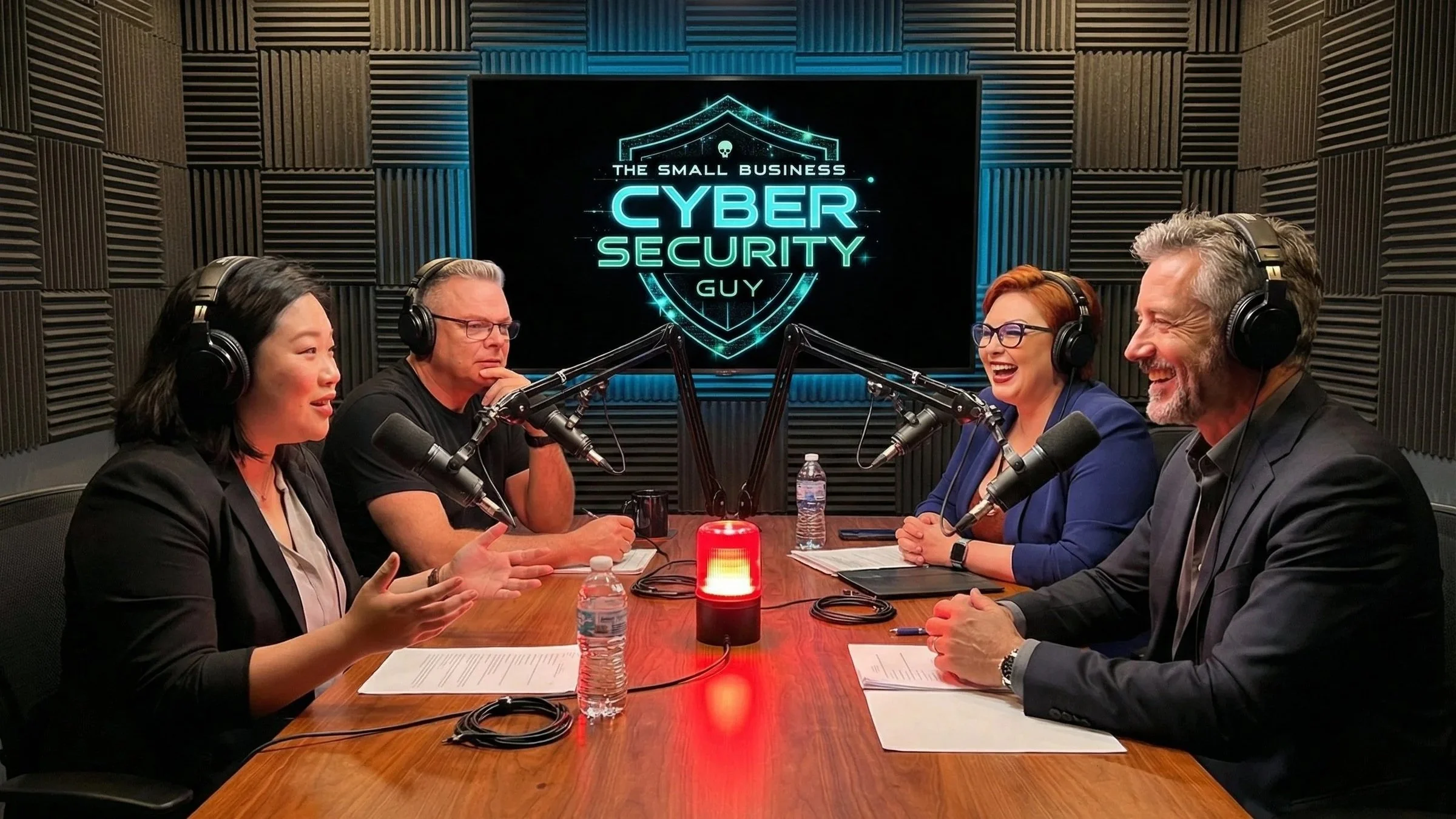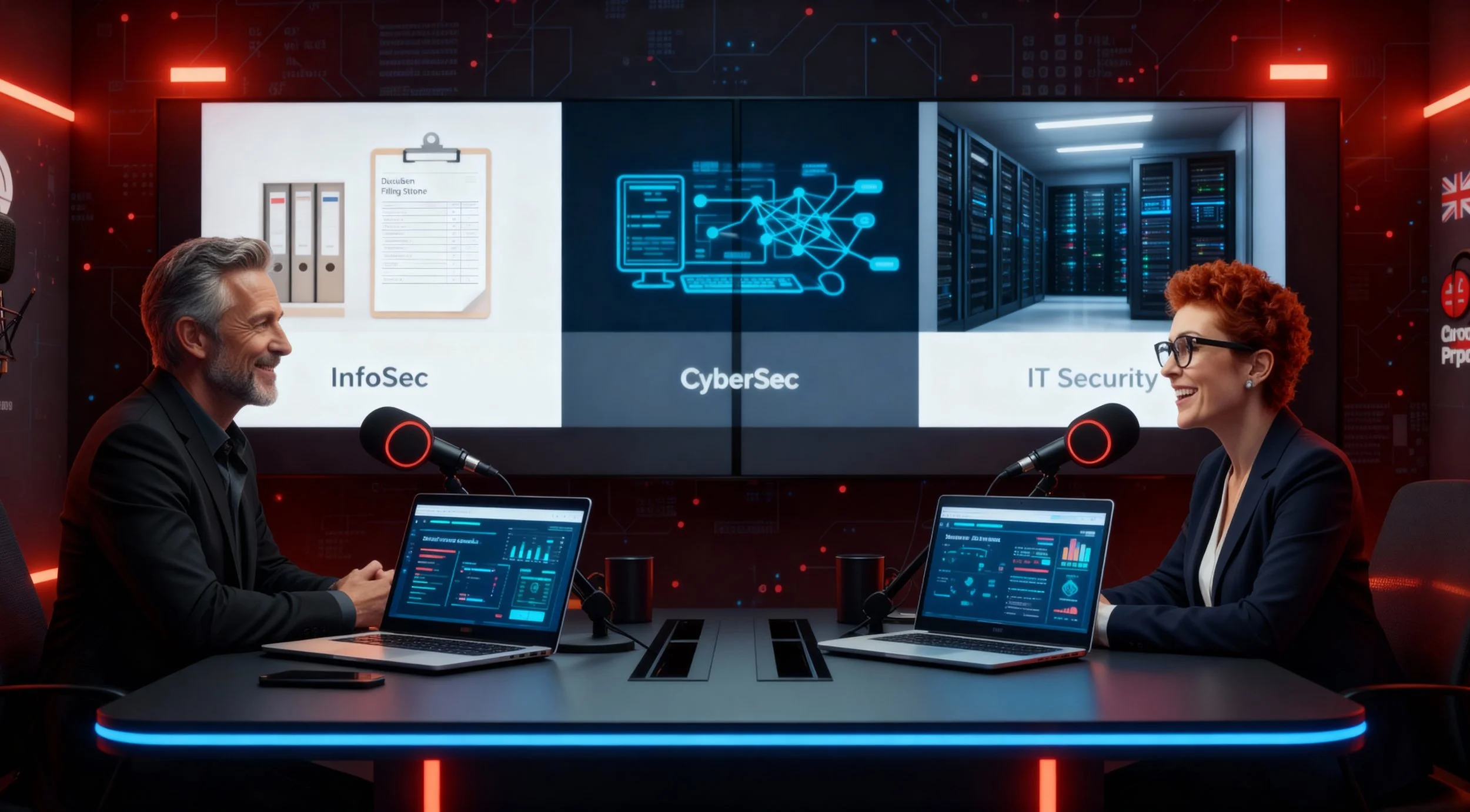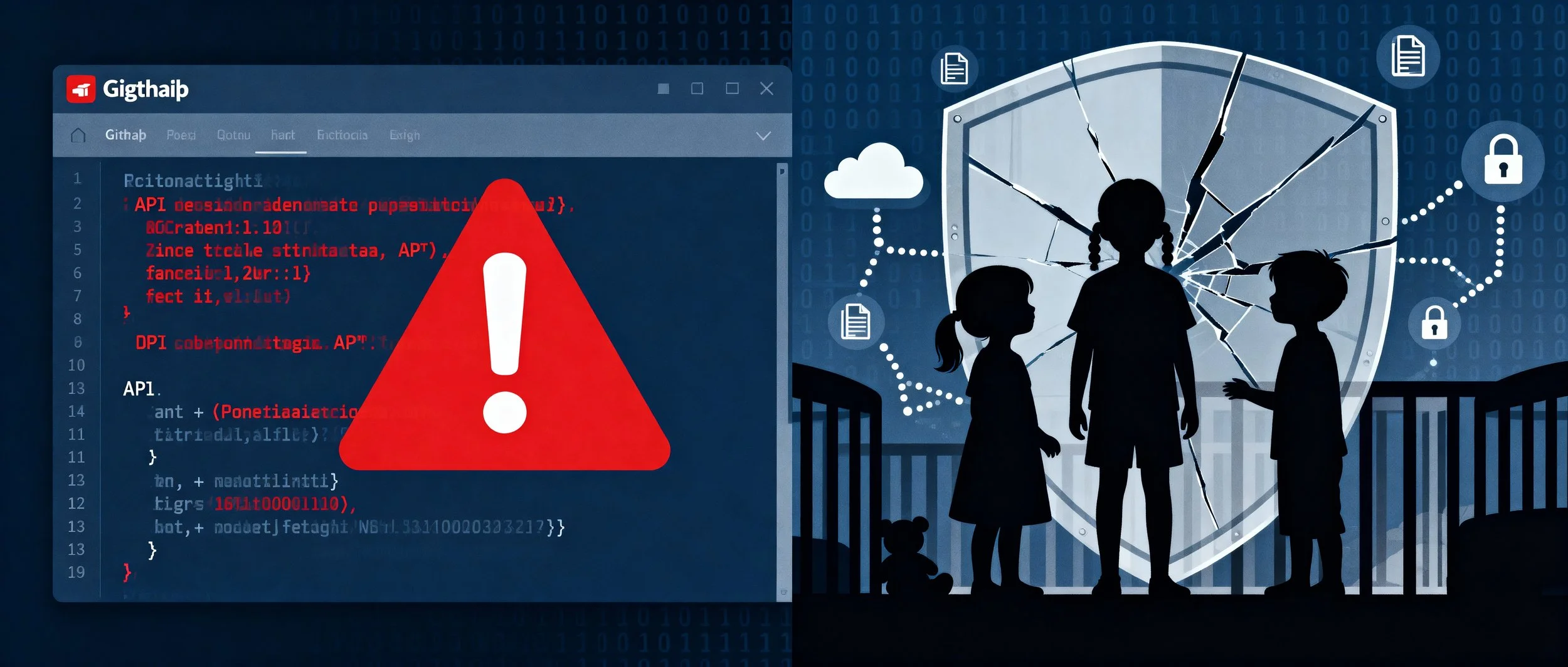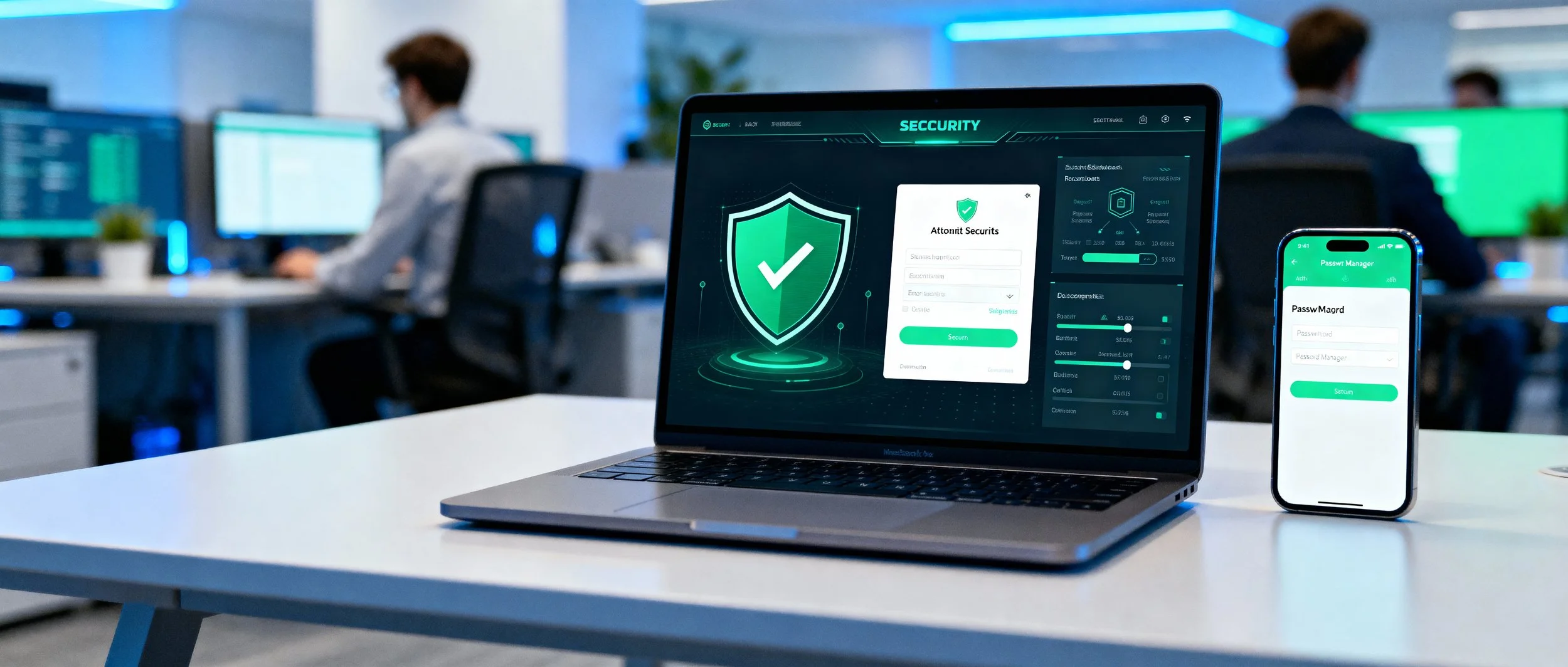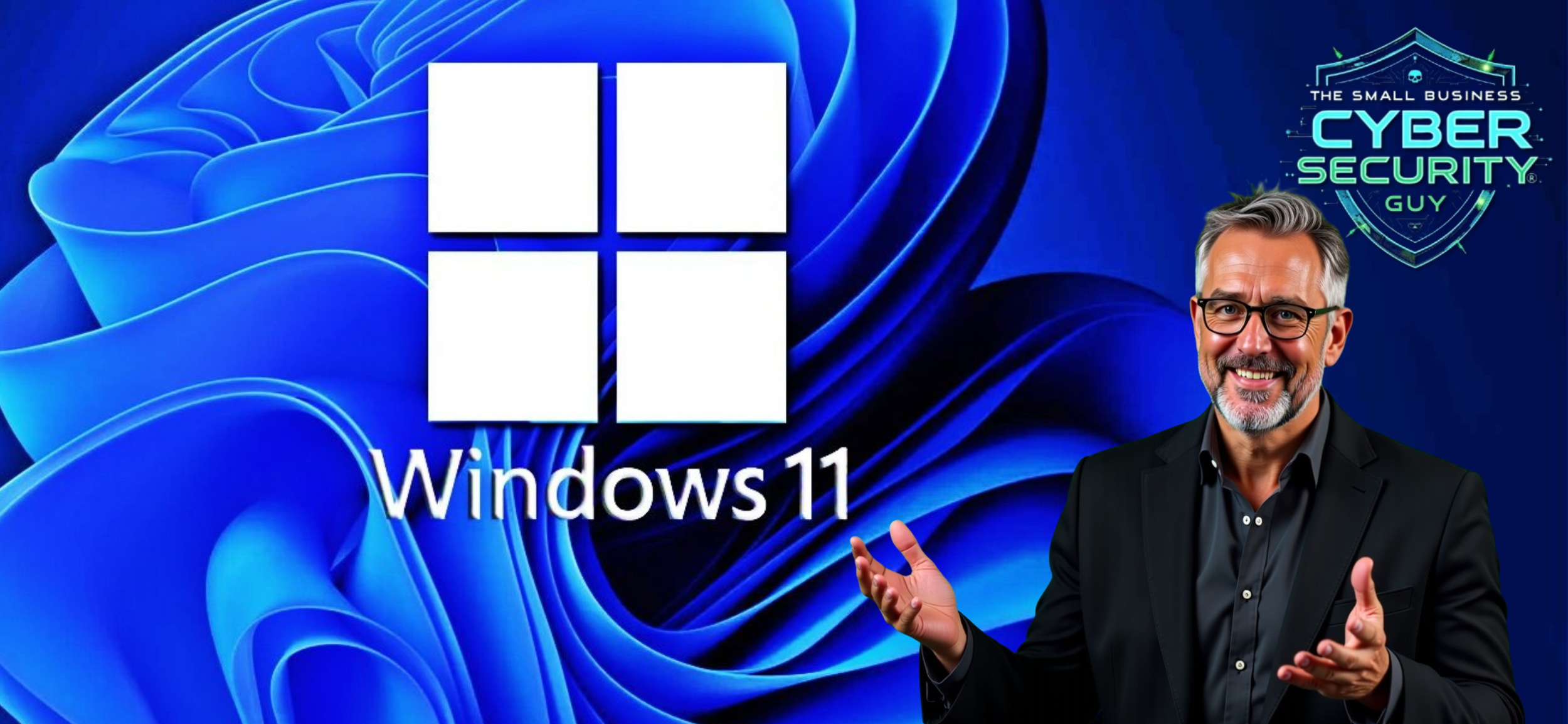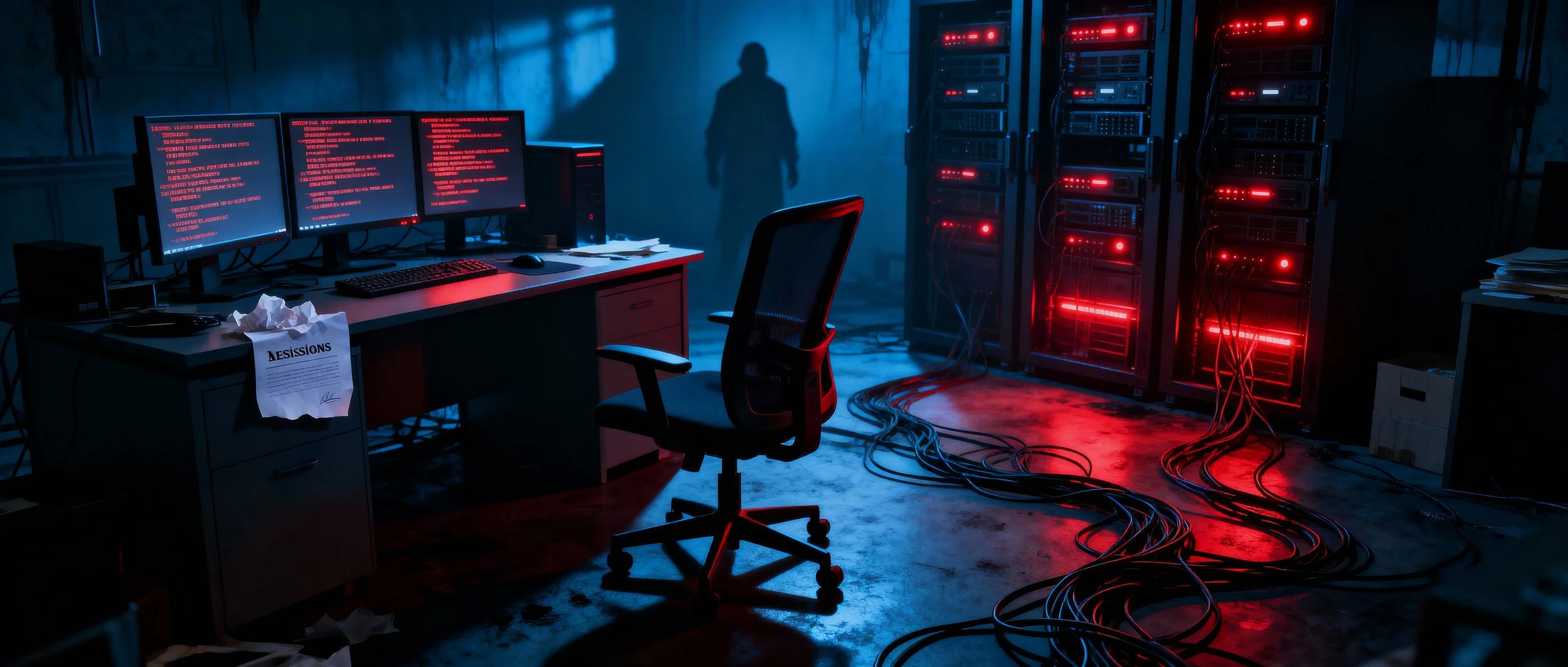⭐100K+ Monthly Downloads
⭐Top 20 Apple Management
⭐100K+ Monthly Downloads ⭐Top 20 Apple Management
The Small
Business
Cyber Security Guy
Welcome to the blog and podcast, where we share brutally honest views, sharp opinions, and lived experience from four decades in the technology trenches. Whether you're here to read or tune in, expect no corporate fluff and no pulled punches.
Everything here is personal. These are my and the team’s thoughts, opinions forged in the heat of battle! And not those of our employers, clients, or any other professional with whom we are associated.
If you’re offended, take it up with us, not them.
What you’ll get here (and on the podcast):
Straight-talking advice for small businesses that want to stay secure
Honest takes on cybersecurity trends, IT malpractice, and vendor nonsense
The occasional rant — and yes, the occasional expletive
War stories from the frontlines (names changed to protect the spectacularly guilty)
I've been doing this for over 40 years. I’ve seen genius, idiocy, and everything in between. Some of it makes headlines, and most of it should.
This blog and the podcast are where we break it all down.
Grab a coffee and pull up a chair, you need to see this!
When the Panic Becomes Obvious
Three Mile Island. You remember it, right? The 1979 nuclear accident that terrified an entire generation and effectively killed nuclear power plant construction in America for 40 years?
Microsoft just spent $1.6 billion to restart Unit 1. Not for clean energy virtue signaling. Because they're bloody desperate.
Google committed to 500 megawatts of Small Modular Reactors. Amazon's all-in on multiple nuclear projects. Meta wants up to 4 gigawatts.
Billions in nuclear investment. Timeline: 2028 to 2035 delivery.
Meanwhile, AI's energy demands are immediate and accelerating. And you're paying for every watt through exploding cloud bills.
The Doorman Fallacy - Complete Framework for UK Businesses
I've watched businesses make the same catastrophic mistake for 40 years. They look at security costs through a narrow efficiency lens, define roles by their obvious function, cut them to save money, and completely miss the invisible value. Until it's gone. Then they spend 10 times more fixing what they broke. The doorman fallacy explains every stupid IT decision I've ever seen: training cuts that cost millions in breaches, MFA removal that gifts credentials to attackers, insurance cancellation that leaves businesses exposed, IT staff replacement that destroys institutional knowledge. Stop optimising for obvious functions. Start understanding actual value.
InfoSec vs CyberSec vs IT Security - Stop Wasting Money on the Wrong Protection
Every week I talk to UK business owners who've just spent £20,000 on "comprehensive cybersecurity platforms" when they needed £5,000 worth of basic IT security. Or they've paid consultants to develop "enterprise information security frameworks" for 15-person companies that can't keep Windows updated. The security industry profits from keeping you confused about InfoSec versus CyberSec versus IT Security. This week's episode cuts through the bollocks to explain what each term actually means, what they really cost, and which one will keep your business alive instead of just making consultants rich. Listen now.
When Six Ministers Co-Sign a Letter to Your CEO, It's Time to Listen
When the Chancellor, three Cabinet Ministers, the NCSC CEO, and the Director General of the National Crime Agency personally co-sign a letter to UK business leaders, you don't ignore it. The NCSC just reported 204 nationally significant cyber incidents, with 18 highly significant attacks marking a 50% increase for the third consecutive year. Marks & Spencer lost over £300 million. A healthcare attack contributed to a patient death. Empty shelves appeared in supermarkets. The government has given you three specific actions and free tools to implement them. The question isn't whether you'll face a cyber incident. It's whether you'll be prepared.
The Kido Nursery Breach - How a GitHub Repository Exposed 8,000 Children
The Kido nursery breach exposed 8,000 children's data in September 2025, but the attack vector reveals a critical lesson for schools: this wasn't sophisticated hacking. Security researchers discovered a publicly accessible GitHub repository containing API credentials in plain text. The kido-kidssafe/myskio-api repository had the "keys to the kingdom visible in the clear." Two 17-year-olds were arrested in Hertfordshire, but the real story is how preventable this breach was. Schools must audit their GitHub repositories, check for custom code with embedded credentials, and implement proper secrets management before they become the next headline.
Your Complete Insider Threat Defence Action Plan: From Assessment to Implementation
This is the complete insider threat action plan for small businesses. Start with the non negotiables. Enable MFA on email and cloud apps. Audit who has access to what. Test your backups and prove you can restore. Then build. Roll out a password manager. Separate admin from day to day accounts. Turn on activity alerts and review them weekly. Segment guest, IoT and finance. Add EDR. Finish with drills, metrics, and monthly reviews. Do your leaders model the right behaviour? Do people know who to call at 3 am? Can you restore in four hours? If not, what will you change this week?
When Insider Threats Strike: Real-World Case Studies and Business Lessons
A teenager extorted 2.85 million dollars from PowerSchool. A student in Iowa ran a grade change business with pocket keyloggers. UK schools lost days of teaching to ransomware. None of this needed elite tools. It needed access, weak controls, and time. That is your wake up call. Do you know what your vendors hold about you? Do you keep more data than you need? Could someone walk up and plug in a device? Layer simple controls. Use MFA. Limit access. Monitor for odd activity. Test restores. Plan for vendor failure. Will you act before your data funds someone else’s payday?
Technical Defences Against Insider Threats: Solutions That Actually Work
Small businesses do not need theory. They need controls that block real attacks without new headcount. Start with MFA. It is included in Microsoft 365 and Google Workspace. It kills password reuse and shoulder surfing. Apply least privilege. Split admin from day to day use. Roll out a business password manager. Turn on sign in alerts that flag odd times and places. Test backups with the 3 2 1 rule and keep one copy offline. Segment guest, IoT and finance. These steps are cheap and proven. Will you ship them this month, or wait until an employee exports your client list?
Windows 11 25H2: Microsoft's Security Update You're Probably Ignoring (And Why That's Bloody Stupid)
Windows 11 25H2 landed on 30 September 2025, and you're probably ignoring it because "it's just another update." Wrong. This is Microsoft finally removing the attack surfaces ransomware gangs have been exploiting for years. PowerShell 2.0? Gone. WMIC? Gone. Both are documented malware vectors that criminals use to bypass your security. The update weighs 200KB for existing 24H2 systems. One restart. Done. Enterprise editions get 36 months of support. But you're still on 23H2, aren't you? Your support clock is ticking faster than you think. Deploy this or explain to the ICO why you didn't.
Confessions of a Reformed School Hacker: How Getting Caught Changed My Career
Curiosity, access, and a careless password shaped my career. At sixteen I learned the simplest attack works best. I watched a teacher type admin123! and saw the whole network open up. No exploits. Just human nature. That is the insider threat in plain sight. People bypass clumsy controls to get work done. Do your policies help or hinder? Make secure the easy path with least privilege, SSO, MFA, logging, and coaching. Treat incidents as data, not drama. Channel curiosity before it goes underground. Would your systems survive a bright teenager with time after school? If not, what will you change this week?
Action Plan: Moving Beyond Your Single Point of IT Failure
Enough theory. Time for action. Here's your step-by-step plan to move from "Dave does everything" to sustainable IT support that won't collapse when Dave finally reaches breaking point. Start tomorrow.
Building Sustainable IT Support: Beyond the Single Dave Model
You don't need to choose between Dave and professional IT support. The best approach? Dave becomes your strategic IT leader while specialist MSPs handle the complex stuff Dave shouldn't have to figure out alone.
Documentation: Getting Critical Knowledge Out of Dave's Head Before It's Too Late
Dave's the only one who knows the admin passwords. Dave's the only one who understands the custom configurations.
Dave's the only one who knows which cables do what. When Dave goes, that knowledge disappears. Forever.
Co-op's £80 Million Cybersecurity Bill: The True Cost of "Just" a Data Breach
Co-op's CEO has officially confirmed their April 2024 cyberattack cost £80 million in earnings impact. The perpetrators? Teenagers using basic social engineering to steal personal data from all 6.5 million members. No sophisticated nation-state attack, just "Can you reset my password, mate?" targeting the right employee. With zero cyber insurance coverage, Co-op absorbed every penny while 2,300 stores suffered empty shelves and 800 funeral homes reverted to paper-based systems. But £80 million might just be the opening act here. Pending ICO fines, potential individual member compensation claims, and mounting legal costs could easily push the final bill past £400 million total.
Warning Signs Your IT Manager is Drowning (And You're Ignoring Them)
Dave's first in, last out every day. Dave hasn't taken a proper lunch break in months. Dave gets defensive when you ask about the systems. Sound familiar?
Your IT manager is drowning, and you've been pretending not to notice
Analyzing the Patterns: When Single IT Manager Models Fail Spectacularly
Let's examine the data: 30 years of single IT manager failures. The patterns are consistent, the outcomes predictable, and the business impact devastating. Here's what happens when your "Dave from IT" model reaches its inevitable breaking point.
The Financial Madness: Expecting £400k Worth of Expertise for £50k
You want a network admin, security expert, help desk manager, systems architect, IT consultant, cloud specialist, compliance officer, and data protection expert. For £50k. Are you having a laugh? Here's what you're actually asking for.
Why "Dave from IT" is Your Business's Biggest Security Risk in 2025
It's Monday morning. Your server's having a wobble. Your email's down. Half your team can't access the customer database. And where's Dave? Probably fixing Janet's printer. Again. Welcome to the single point of failure that's about to snap and take your business with it.
The £800 Monthly Technology Disaster (And How Strategic Thinking Fixed It in 6 Months)
Manchester marketing agency hemorrhaged £800 monthly on cloud storage chaos. Four different platforms, zero coordination, Dave from IT drowning in strategic decisions while fixing printers. Classic small business approach: solve today's problem with today's solution. Six months after engaging fractional CIO services: single integrated platform costing £450 monthly, unified data governance, actual strategic roadmap.
Annual savings of £4,200 paid for strategic guidance while delivering competitive advantage. Dave returned to operational excellence, strategy got expert attention.
This transformation illustrates exactly why smart UK businesses choose strategic technology leadership over tactical firefighting.
Five Questions That Reveal Your Business Needs Strategic IT Leadership (And It's Not What You Think)
Most UK businesses think they're fine without strategic IT leadership until they're not. These five diagnostic questions expose the difference between thriving with technology and merely surviving despite it.
Question 1: Are technology decisions made strategically or reactively? If you're replacing servers because they died rather than planned refresh cycles, you need help.
Question 5: Will current systems scale gracefully as you grow? Planning to double in size without considering technology impact is business suicide.
Answer honestly: reactive technology management costs more than strategic guidance. The question isn't whether you need leadership—it's whether you'll get it before competitors do.
⚠️ Full Disclaimer
This is my personal blog. The views, opinions, and content shared here are mine and mine alone. They do not reflect or represent the views, beliefs, or policies of:
My employer
Any current or past clients, suppliers, or partners
Any other organisation I’m affiliated with in any capacity
Nothing here should be taken as formal advice — legal, technical, financial, or otherwise. If you’re making decisions for your business, always seek professional advice tailored to your situation.
Where I mention products, services, or companies, that’s based purely on my own experience and opinions — I’m not being paid to promote anything. If that ever changes, I’ll make it clear.
In short: This is my personal space to share my personal views. No one else is responsible for what’s written here — so if you have a problem with something, take it up with me, not my employer.

